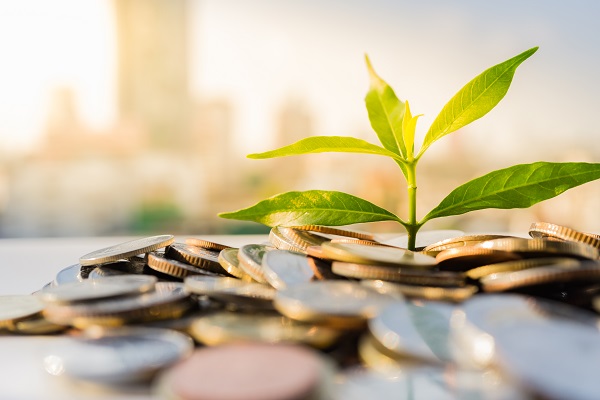
I would like to share with you some lessons learned in the one-year project Women Buying Green, as a result of the interactions with local stakeholders, workshops with experts, focus groups, and the survey conducted for the project.
Our society is aging. In the UK the number of people aged 65 and over will increase by 40% within 20 years.* If we look at the statistics, older women are more likely to be badly housed and suffer from energy poverty, therefore they are more affected by any household’s energy investment decision.
Women Buying Green investigated the role of age and gender in the household energy investment decision process, with the idea to empower the next generation of older women for a transition to a low carbon system.
In principle, women and men should have equal opportunities to access energy or to make choices about energy. However, women, on average, have lower incomes and are disproportionally found as heads of households either as single parents or alone at a pensionable age. Furthermore, women are found to be more sensitive to the ambient temperature and more likely to suffer from energy poverty.
Women operate most of the household appliances. However, from our focus groups, we found that the majority of the women has no idea about the energy bill and when it comes to technical decision and investments for the house, such as, for example, thermal insulation, men are the ones who choose, or, at least, propose the investment.
From a survey with 1,355 respondents representative of the UK population for age and gender, we found that only a low percentage (less than 20%) is willing to invest in low carbon measures in the house. We further found no statistical difference for gender in the intention to buy low carbon technologies. It is worth noting that most of our interviewees were sensitive to the environment and on average were willing to increase their energy bill by about £100/year to finance clean energy policies.
Women are interested in the environment and actively participate in energy policy making, however, as in many other fields, women are not as active as men are in the political decision making process, therefore, they influence the policy agenda less than men.
Furthermore, during the project we came in contact with women associations that acknowledged that any discussion about household’s energy investment decision is low in their priority list.
Older people spend more time at home and use older appliances, therefore the increasing number of older people may negatively affect the climate goal. Moreover, the UK housing stock is by large unsuitable for older people/women [1], in addition to fare low on thermal comfort.
Increasing women’s awareness of the importance in investing to reduce household’s energy demand is a win/win solution.
Empower the next generation of older women will help them to live better, avoid suffering from energy poverty and at the same time will contribute to reduce the energy demand of the built environment that is already responsible for 40% of CO2 emissions.
Prompt investments in households’ low carbon measures and stimulating gender-sensitive energy poverty policies could ease the transition to a low carbon society.
* Centre for Ageing Better, 2019. The State of Ageing in 2019: Adding life to our years. Available from: the State of Ageing 2019 report (November, 2019)